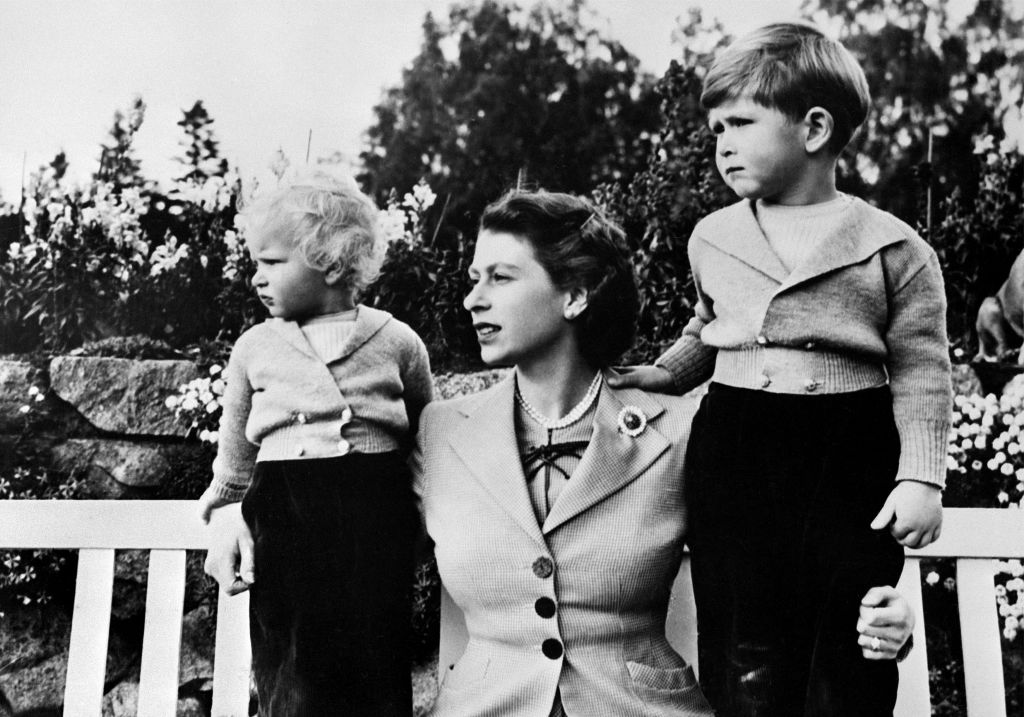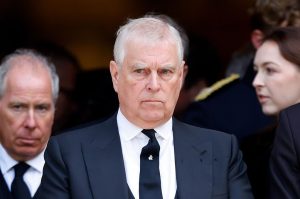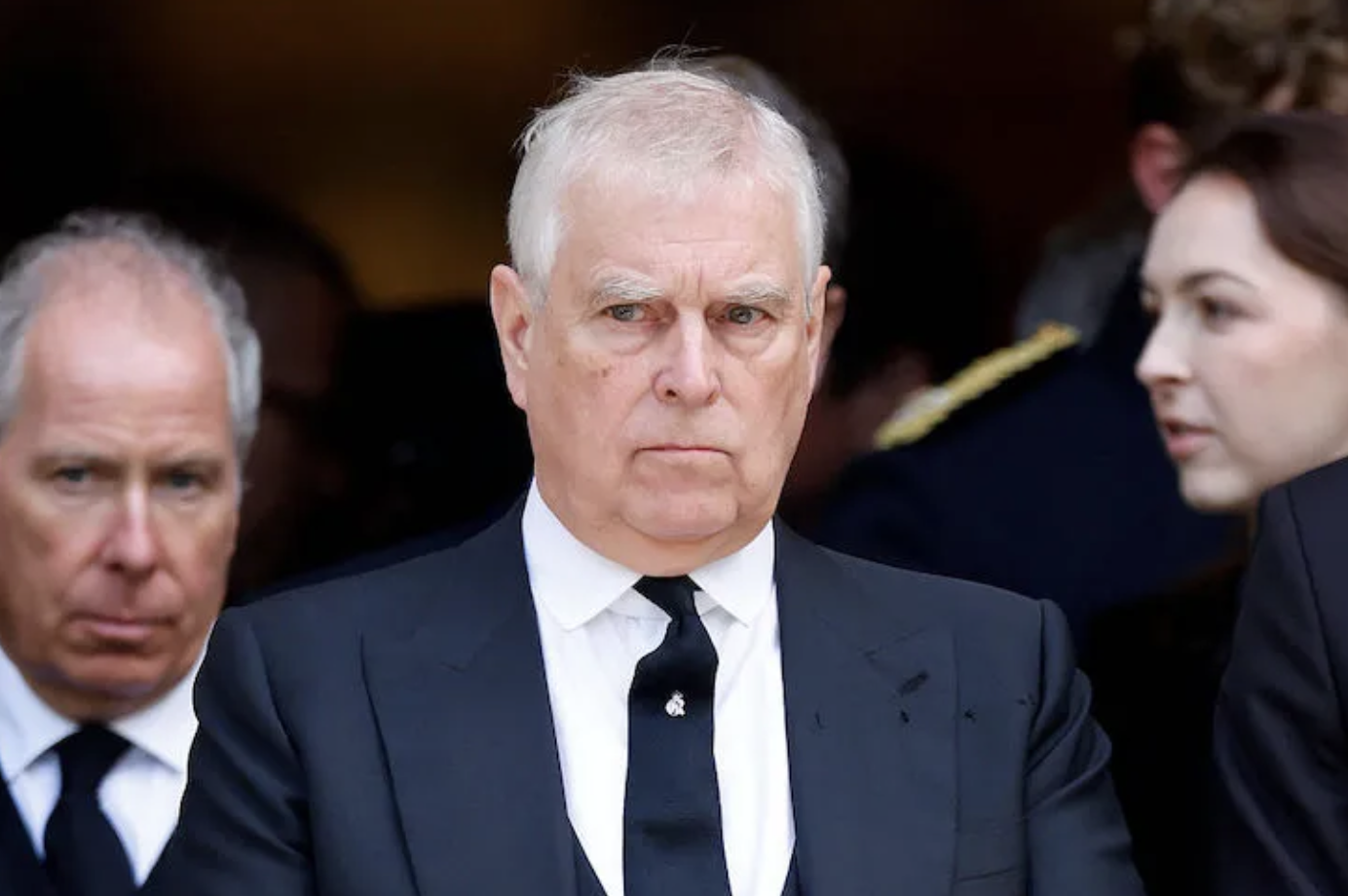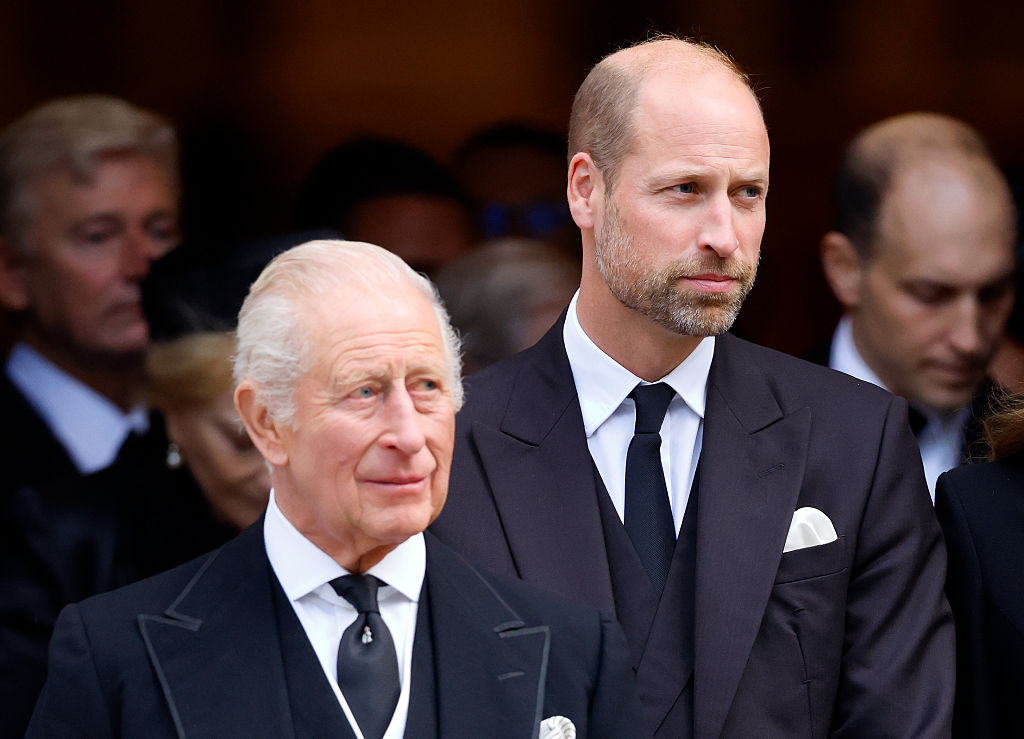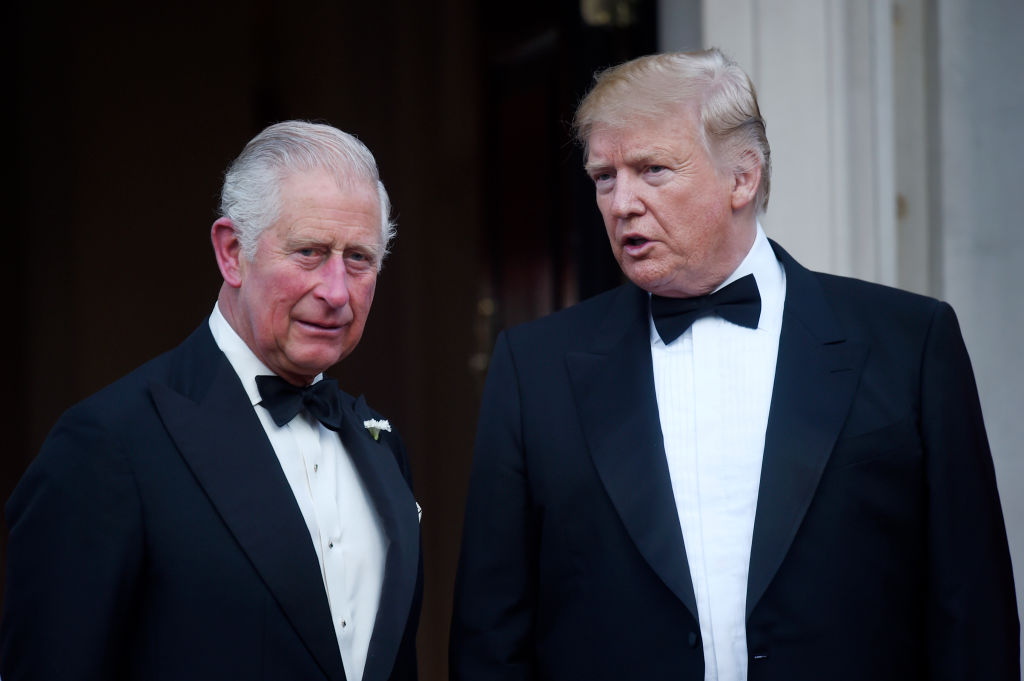“The Queen is dead, boys, and it’s so lonely on a limb.” So the ever-provocative Morrissey sang on the title track of the Smiths’ 1986 album. At the time, his wishes were regarded as little more than republican throat-clearing, shot through with satirical wit. In the same song, he imagined an unlikely encounter with the Queen, who remarks caustically, “Eh, I know you, and you cannot sing.” Some of his detractors might agree. But now, thirty-six years on, the Queen really is dead.
Queen Elizabeth II, the longest-reigning monarch in British history, died on September 8, 2022 at the age of ninety-six. The second Elizabethan age — one that surpassed the first for both achievement and longevity — has come to an end. There will not be another Queen in the United Kingdom in our lifetimes, unless something entirely unexpected transpires.
Yet weep you no more, sad fountains. The death of a woman of Elizabeth’s considerable years cannot be considered a tragedy on any level except a symbolic one. Even before the Platinum Jubilee celebrations in June, there were rumors and murmurs that the Queen’s health was considerably less good than Palace officials would have liked the world to believe. I was told by both a lawyer and a priest that they had been informally advised that the likelihood of HRH making it to the Jubilee was less high than anyone would have liked, and that they might want to reconsider any travel plans around that time. But she made it through that period of ill health and frailty, seeming as indestructible a figure as her mother, who spanned the entirety of the twentieth century and died at a remarkable 101, six months after 9/11.
Yet that Elizabeth was only Queen for a relatively short period, from the sudden accession of her husband George VI in late 1936 until his equally unanticipated death in 1952. That period encompassed war, the Attlee Labour government, the end of FDR and the Truman administration, all vital and significant events in the history of both Britain and the United States. When her daughter became Queen on February 6, 1952, at twenty-five, she was the youngest monarch since Victoria.
Just like her great-great-grandmother, she was thrust into an uncertain time, where she could rely on few other than her relatively new husband Prince Philip and the newly returned Prime Minister Winston Churchill. If she expected unquestioning support from the seventy-seven-year-old Churchill, increasingly worn down by ill health, she would have been disappointed. On the day Elizabeth became Queen, her prime minister snorted, “I do not know her. She is only a child.”
The events of Elizabeth’s reign have been told with a mixture of brio and, at times, shameless dramatic license in the popular Netflix series The Crown. As played by Claire Foy, Olivia Colman and Imelda Staunton, the Queen has been depicted as a mixture of jollity and steely pragmatism, given to moments of cold ruthlessness (especially where there is an existential threat to the monarchy, or where her eldest son Prince Charles is concerned) but also unexpected touches of light-heartedness and good humor, such as when she is “at home” at Balmoral or watching her beloved horses race.
It is a simplified portrayal, even a caricature, but not without broad-brushstroke accuracy. Perhaps its great achievement is to allow viewers to believe that they can somehow penetrate the psyche of a woman who has seldom given interviews — when she has, she has taken care never to say anything revealing or personal — and has always lived her life by the adage “never complain, never explain.” Unlike her uncle the Duke of Windsor — who, post-abdication, became so loquacious whenever a check was dangled that the increasingly irked royal family cut him adrift as an embarrassment — she followed the usual family tradition of smiling omertà. We know very little about who Elizabeth II was; not until some intrepid biographer is allowed untrammeled access to the Royal Archives in Windsor Castle are we likely to have a better idea — and even then it’s very unlikely there will be some smoking gun. Yet sometimes even opacity can be unexpectedly revealing. To regard Elizabeth as a sphinx without a secret is a misreading not merely of her as a human being, but of her adherence to that most sacred of secular institutions: the British monarchy.
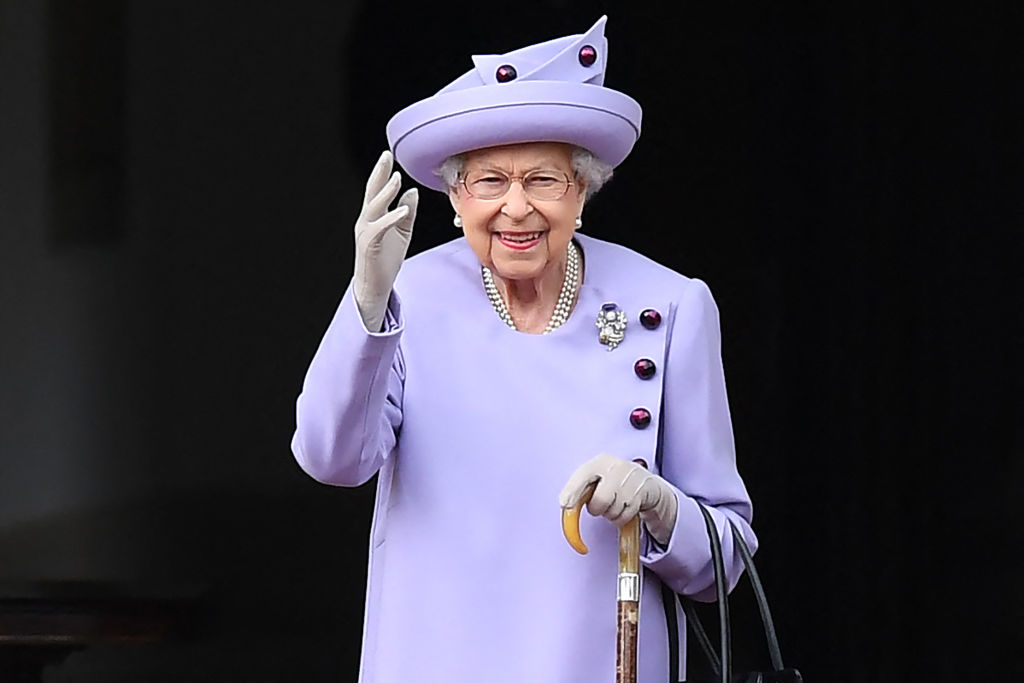
Her commitment to duty was remarkable. She never shied away from a regime of punishing world tours, endless banquets and receptions and events until she was nearly 100. It seems remarkable, in an era that prizes self-absorption and self-indulgence, to have had as one of its most iconic — some might say inspirational — figures someone who so consistently stood contra mundum against the luxuriant decadence of the present era. It is impossible to imagine the Queen tweeting, or posting on Instagram, or even sending an email. (I have a conviction, based on no evidence whatsoever, that she was nonetheless a prolific texter.)
Even as the royal family operation became more and more “consumer-facing” — an inane expression that encapsulates the institution’s inevitable decline — she remained aloof from the absurdities that others were dragooned into. She retained her dignity, even until the end.
And because of this, she remained popular. Polls taken in the UK usually show her as by far the most beloved member of the royal family, save for a brief blip in the era of Princess Diana, her only serious rival for public affection since she acceded to the throne. It was not hard for her to maintain this status: smile and wave, smile and wave, cut a ribbon, greet a dignitary or two and depart gracefully before her presence could give even the slightest hint of over-familiarity. Regality, after all, needs to have more than a hint of mystery to it.
One problem that the new King Charles immediately faces is that we know too much about him; he is the opposite of his mother, a man who has been complaining and explaining virtually all his adult life. Relations between them have often been said to be “frosty” — that catch-all term for any sort of family dysfunction among the haut ton — and it is hard to see whether they improved significantly in the final years.
He could certainly have done with a lesson in public relations from her. Over the course of a reign that spanned more than seven decades, the Queen became an expert at asking the most deliberately bland questions imaginable: “Have you come far?” “And what do you do?” Hearing tens of thousands of nervous, overawed people stuttering their answers must have been a consistently strange experience. It was once believed that the monarch was divinely ordained. Judging by the excited reactions the Queen enjoyed throughout her reign, there must have been moments she could have been forgiven for wondering whether anything had changed over the past few centuries. Still, her husband had one over on her in that regard, at least: the Kastom people, a tribe in the South Pacific, solemnly worshipped Prince Philip as a deity. They have now — reluctantly, one imagines — transferred their allegiance to his eldest son.
Her ability to talk to anyone and everyone was not, of course, limited to her Commonwealth subjects. She made a total of five state visits to the United States during her reign (as well as two in her guise as Queen of Canada, in 1957 and 1959); the relative rarity of these trips meant that each occasion remained an event. Famously, the Queen also met every single American president from Truman to Biden, with the exception of Lyndon B. Johnson; this was not the snub The Crown presented it as, more a reflection of Johnson’s reluctance to travel to Europe. Her true feelings toward the White House’s occupants are hard to know, but it is generally accepted that she formed a close friendship with Reagan, had an amicably paternal relationship with Truman and, to a greater extent, Eisenhower — with whom she shared a recipe for grilled scones — was aghast at Carter kissing her on the lips and regarded Trump as a vulgarian and blowhard who ignored protocol.
More likely, her private thoughts remain in the confidence of a very few courtiers, if they are still alive. It is impossible to imagine that there are hundreds of gossipy and indiscreet letters that unflinchingly detail her takes on presidents, any more than it is likely we’ll ever know for certain which prime ministers were her favorites, and which she detested. (Harold Wilson was unexpectedly popular, by all accounts.) And this was in keeping with her lifelong mantra of never offering her private counsel for public consumption.
She believed in such old-fashioned and unfashionable ideas as reticence, forbearance and duty; her death means that there are few, if any, international public figures who still represent such ideals. In our self-obsessed, ostentatious age, she was an anachronism, but also a reminder that previous generations had not necessarily suffered because of the absence of all human knowledge being available at the click of a finger. It is hard to imagine that her subjects — and admirers — became happier and better-adjusted with the advent of technology.
Yet she was no Luddite. One of her last major public appearances came in a short film shown during the Platinum Jubilee celebrations, in which she shared the screen with none other than Paddington Bear. The two took tea together, and there were the usual high-spirited computer-animated japes. But at the end, there was an unexpected emotional moment when Paddington, voiced as ever by Ben Whishaw, said, “Thank you… for everything.” It was very British in its quiet understatement, and surprisingly affecting. The implication, naturally, was valedictory. Nobody watching would have been unaware that the chances of a ninety-six-year-old woman celebrating another Jubilee were all but non-existent. And now the much-dreaded event has come to pass.
What will happen next? Britain has a new king. It remains to be seen how Charles will be regarded in the United States and elsewhere. His previous visits to America have been inconclusive; the tabloid media had some fun in 2021 when he reacted badly to being informally hailed as “Prince.” His younger son remains a resentful and angry presence on the international stage, and his elder has made little secret of his own ambitions for the throne when the time comes. The Firm, as the family business is called, has never been smoothly functional on the domestic side. But the Queen, and Prince Philip, kept them largely in check. (Who can forget the quiet, angry putdown of Meghan Markle’s excesses and falsehoods, “recollections may vary”?) Now that the senior members of the royal family are no more, it is likely that there will be an unedifying — if undeniably entertaining — reputational bun fight between the successors. Prince Andrew must be quaking; it was his mother’s protection that kept him from being cast into outer darkness. I hear it’s cozy in Siberia at this time of year.
But the greater impact of the Queen’s death is a symbolic one. Elizabeth II, in death as in life, joins the tiny band of monarchs who have genuinely made a difference to history. Britain has changed unrecognizably over the past seven-odd decades, for better and for worse, and it was her influence — half-conservative, half-modernizing — that has proved crucial to her country and beyond. We shall not see her like again as long as we may live, and in a time of enormous change we may come to miss her stabilizing, even comforting, presence more than we can imagine now. But the Queen is, at last, dead, boys. The world may find that it’s far lonelier out on this particular limb than we could have ever anticipated, and that we are all the poorer for this fin de siècle.
This article will appear in The Spectator’s forthcoming October print edition. Subscribe here.



